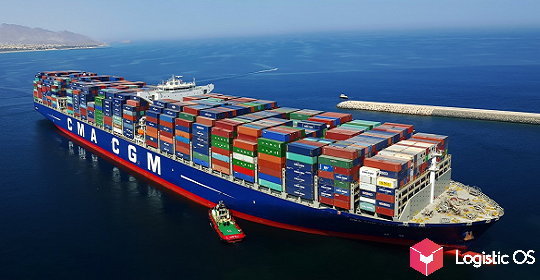Currently, Russia ranks second in the world in exports of sunflower and rapeseed oil, but farmers need support for further development of the industry.
In addition, the Russian Federation is in fourth place in the supply of soybean oil and rapeseed meal, and in ninth place in the supply of soybean meal.
More importantly, Russia is in first place among all countries that export rapeseed and soybeans (and products made from them) without GMOs.
And this could become Russia’s most important advantage, which must be emphasized, says Mikhail Maltsev, head of the Fat and Oil Union of Russia. According to him, Russia has made a big leap in the production of both these types of agricultural products, as well as oil and meal from them, over the past 20 years.
Ukraine is still in first place in the supply of oil and meal for export, and it will be difficult to overtake it here, experts say: currently, domestic consumption in this country is decreasing, and as a result, more and more products are being exported.
What hinders the further development of oilseed production in Russia?
First, we need to resolve issues with infrastructure and logistics.
For example, exports in most cases are carried out by rail with further transshipment of products onto sea vessels. But this leads to the fact that the load on the railway, especially “during the season,” becomes too high.
Solving this problem could raise the “ceiling” of export volumes, experts say.
In addition, Russia still has problems with its own production of seeds and pesticides.
The sooner full import substitution is carried out in these areas, the more opportunities will open up.
In addition, domestically produced seeds should be cheaper than imported ones, which will reduce production costs and allow us to offer more competitive prices.
In addition, farmers who produce oilseeds have virtually no state support, notes Vladimir Petrichenko, general director of the analytical company ProZerno.
Moreover, high export duties have become a clear obstacle to this.
The only thing that now more or less stimulates farmers is the zero duty on sunflower oil. But there are fears that if supply volumes are increased, it may also increase.
Another problem is the construction of many oil refineries, which are unlikely to be fully loaded with work, but they compete with each other for raw materials, which drives up prices.
However, in general, exports of vegetable oils are currently growing. In 2019 it was about 4.4 million tons, but in 2023 it was already 6.5 million tons.

